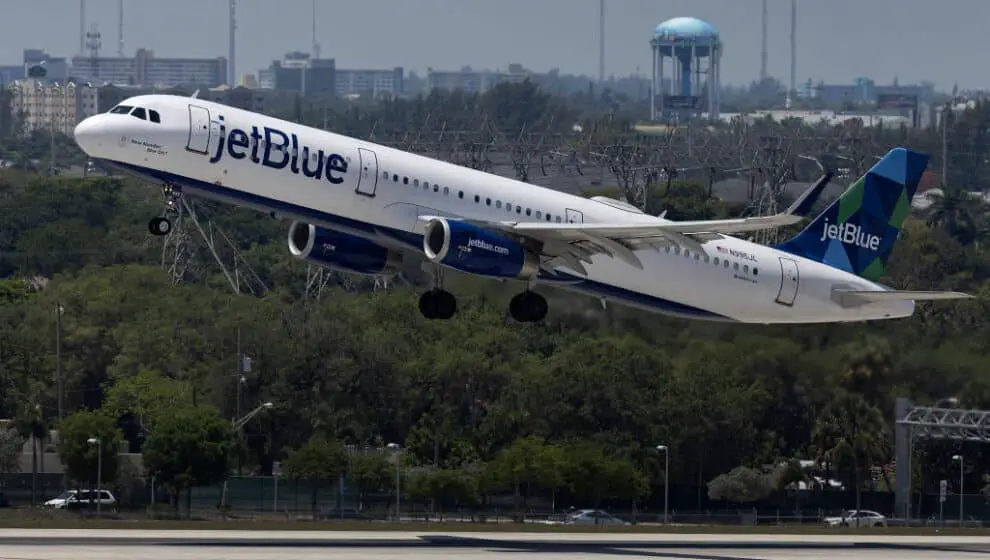Airlines are now exploring the possibility of using artificial intelligence (AI) to improve flight experiences.
Key Details
- After implementing AI technology into its systems, Swiss International Air Lines saved nearly $5.4 million over one year while improving overall efficiency.
- German airline Lufthansa has been using AI to predict changing winds that can affect flight times. With AI, the airline has improved its accuracy by 40%.
- Google Cloud is the AI system responsible for the airlines’ improvement. With the new tech, airlines can improve their scheduling efficiency, better understand weather patterns, and fuel efficiency.
- Google AI product manager Warren Barkley explains that the AI “has the ability to look at hundreds of millions of data points and take factors that it never thought of before, or never could be used before, to predict what’s going to happen.”
Why it’s news
AI technology is still developing, and researchers are still working to determine its best uses. The recent Southwest canceled flight fiasco highlighted the need for airlines to update technology that keeps planes running on time.
Airlines have dozens of factors to consider before each flight, including weather events, fuel levels, connecting flights, luggage weight, and whether or not the next flight crew is ready. With so many moving pieces, a tireless computer system could prevent mistakes.
Delta Air Lines, JetBlue, and American Airlines are planning to invest in AI technology. Last year’s revenue boost gives these airlines room to invest in new systems. However, transitioning to new systems can be time-consuming and expensive.
JetBlue’s investing subsidiary JetBlue Ventures is looking into ways to improve overall travel efficiency.
“There’s so much data within our industry, and we do such a poor job of using it. The industry has a tech stack that’s very old and antiquated. Systems are old. And plugging in new technology is very challenging and very time-consuming,” says JetBlue Ventures president Amy Burr.
Already, JetBlue Ventures has invested in eight different AI startups. One of these, FLYR, will help predict airline prices in advance, giving customers a better idea of what to expect. Currently, prices are set by humans, who can be influenced by outside data. Sometimes the human price-setters can lower prices prematurely to prevent too few travelers on a plane. AI analytics won’t have these same worries.
Beyond pricing predictions, Burr hopes that AI can improve flight operations and may even one day be able to aid in decision-making in the cockpit. AI predictions can also help with fuel efficiency and plane maintenance by predicting where and when a plane will need a tune-up. Fuel efficiency predictions have the added benefit of saving the airline money while reducing emissions.

